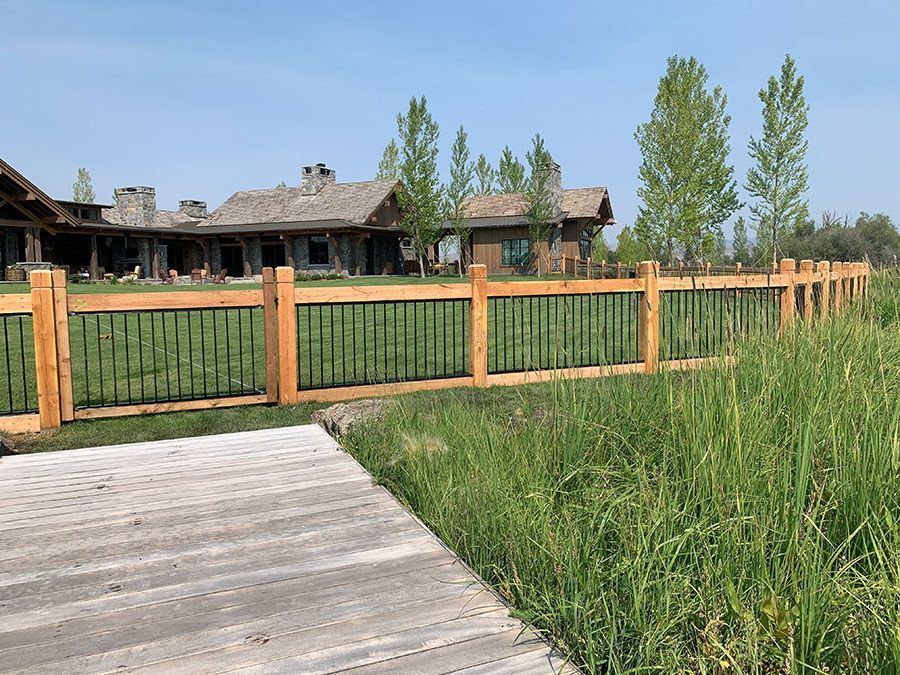Choosing the right fencing for your property can be challenging. Let’s break down the differences between continuous panel fencing and traditional options to help you decide.
Comparison of Materials and Costs
When considering fencing, the materials you select will influence both the cost and overall effectiveness:
- Continuous Panel Fencing: Made with durable welded steel, continuous panel fencing offers excellent longevity. The initial price might be higher, but the minimal maintenance costs make it a wise long-term investment.
- Traditional Fencing: Traditional options such as wood, vinyl, or barbed wire tend to be less expensive initially, but ongoing maintenance can make them pricier in the long run.
Durability and Care: A Key Comparison
When it comes to withstanding the elements and everyday wear, here’s how the options compare:
- Continuous Panel Fencing: Engineered for strength, continuous panel fencing is highly resistant to damage from animals and weather. Maintenance is easy and usually just involves cleaning and occasional rust prevention.
- Traditional Fencing: Prone to weather-related wear, wood fences can rot, while barbed wire and vinyl can break or degrade over time. Regular upkeep is often necessary to maintain functionality and appearance.

Appearance Comparison
The visual impact of your fence contributes to your property’s overall charm:
- Continuous Panel Fencing: Featuring a contemporary and sleek design, continuous panel fencing suits both residential and agricultural settings. It’s customizable with various finishes and additions.
- Traditional Fencing: Wood and vinyl fences offer a classic, rustic charm, while barbed wire focuses more on practicality than aesthetics.
Best Applications for Each Fencing Type
Different fencing types serve different purposes:
- Continuous Panel Fencing: Best suited for containing livestock, marking property lines, and high-traffic areas where durability is a must.
- Traditional Fencing: Works well for smaller enclosures, decorative purposes, or areas with limited budget constraints.
Conclusion: Making an Informed Decision
To make an informed choice between continuous panel and traditional fencing, evaluate your priorities carefully:
- For long-term durability and low maintenance, continuous panel fencing is the clear winner.
- For a more budget-friendly or decorative option, traditional fencing may offer a more affordable and visually appealing alternative.
Consider your budget, property needs, and aesthetic preferences to choose the ideal fencing option.